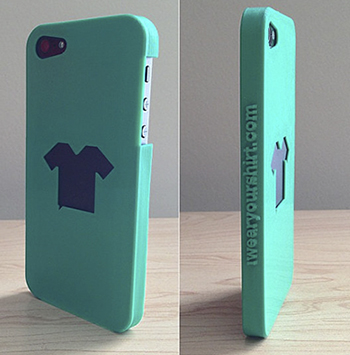As in any fast growing industry, the predictions for the future growth potential of 3D printing are vastly different depending on who you ask and what their intended application for the technology is. One strong argument has emerged from YoungEntrepreneur.com, which has become the largest online community for entrepreneurs globally. Their viewpoint is focused on the opportunities for businesses to engage with consumers directly and benefit from the short production runs enabled by the small 3D printing facilities emerging around the world.
One of the key commercial elements in this maker model is the ability to manufacture on demand without commitment to minimum orders that are typical with traditional ways of making products, or indeed needing to worry about stock risk since products are made only when ordered. One such company is the US based Pixil 3D in Florida, which offers small businesses a one stop service including design, manufacturing and distribution of 3D printed products in one neat package.
Pixil 3D’s initial focus is on accessories and jewellery, and they can work with their clients based on just ideas, sketches or scanned products, which are then turned into 3D models. The company is using MakerBot Replicators to make the designs into tangible products and the clients can sell them via the Pixil shop front at Etsy.com. “I think business to consumer is the biggest opportunity in 3D printing,” says Nicholas Mohnacky, who is the head of business development at Pixil 3D, “Businesses can go to market with their own products. They can rapid prototype them and then mould them or manufacture them themselves in small amounts.”
Another start-up run by Alia Hasan called Archetype Z is also operating in the 3D printing space with a focus on manufacturing jewellery. They claim to benefit from the lower production cost compared with the traditional manufacturing as well as gaining an advantage over competitors with the ability to freely customise the product lines. They have opted for a business model whereby they are focusing on design work and using the New York based Shapeways to manufacture her jewellery.
Both companies are excellent examples of the newly emerging ecosystem around the fast changing landscape of manufacturing. The jury is still out on what business models will lead to wholly sustainable and profitable success stories, but one thing is for sure, we can expect to see numerous innovative entrepreneurs entering this space in the coming months and years.
The founder of Pixil 3D, Pedro Ruiz, is convinced about the journey ahead: “Customization is really what 3D printing is all about. We have a problem and we can literally make the solution in a matter of hours. It makes sense for small companies to invest early on and really embrace it now. There are opportunities to be had.”



